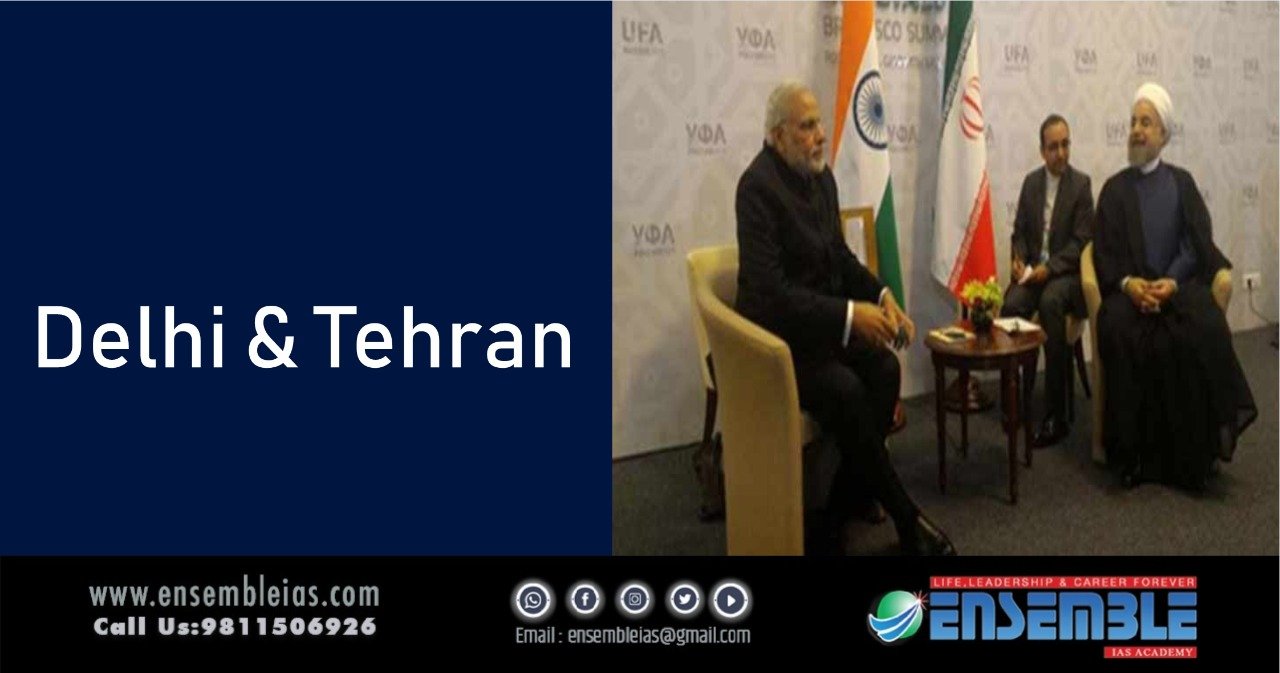India and Iran have a common interest in ensuring a legitimate and peaceful rearrangement of current order in Afghanistan.
That Delhi and Tehran are trying to find common ground amid the deepening crisis in Afghanistan and prospects of the return of the Taliban’s brutal rule is evident in the growing frequency and intensity of contact between the two establishments. Last week’s telephone conversation between the two foreign ministers came soon after the external affairs minister, Subrahmanyam Jaishankar, stopped over in Tehran on his way to Moscow. It was by no means only a transit halt. After his consultations with the Iranian Foreign Minister, Mohammad Javad Zarif, Jaishankar had the privilege of being the first foreign dignitary to be received by the president-elect, Ebrahim Raisi. Tehran has invited India to participate in the swearing-in ceremony of Raisi on August 5. A high-level Indian delegation is expected to be present on the occasion.
To buy our online courses: Click Here
Shared geography has always made Afghanistan an important subject of mutual interest for India and Iran. But Delhi and Tehran were not always on the same side. In the 1970s, Delhi was deeply perturbed by the joint efforts of Iran (under the Shah) and Pakistan to destabilise Afghanistan. Iran turned inwards after the Islamic revolution of 1979 and was bogged down in the 1980s in a debilitating war with Iraq. It was only in the 1990s that the Islamic Republic of Iran looked towards Afghanistan and by the middle of the decade found itself on the same side as India. If Delhi was alarmed by the Taliban’s capture of Kabul with the support of the Pakistan Army, Tehran was animated by the groups’s Sunni extremism and its oppression of the Shia and Persian speaking minorities in Afghanistan. Delhi and Tehran made common cause with Moscow to support the so-called Northern Alliance that was fighting the Taliban.
Also Read:Telangana Temple Conferred UNESCO Heritage Tag
As the Taliban returns to power, once again with the Pakistan Army’s support, Delhi and Tehran need each other even more than before. If India and Iran worked closely with Russia against the Taliban in the 1990s, Moscow now seems eager to embrace the Taliban. For Delhi and Tehran, the contradictions with the Taliban are real. There is little evidence that Taliban has reformed itself, notwithstanding the claims to the contrary by its spokesmen. As it intensifies the engagement with Iran, Delhi should have no expectations of complete unanimity of views with Tehran. Sharing a long border with Afghanistan, Iran is eager to keep its channels of communication open with the Taliban. India, in contrast, does not share a physical border with Afghanistan and can afford to wait. But Delhi and Tehran have a common interest in ensuring a legitimate and peaceful rearrangement of the current order in Afghanistan. Neither of them wants to see the restoration of the Taliban’s hegemony over Afghanistan. They also have a stake in preventing Afghanistan from becoming a safe haven for international terrorism. They can pool their resources in shoring up the current government against the Taliban’s offensive backed by Pakistan.




